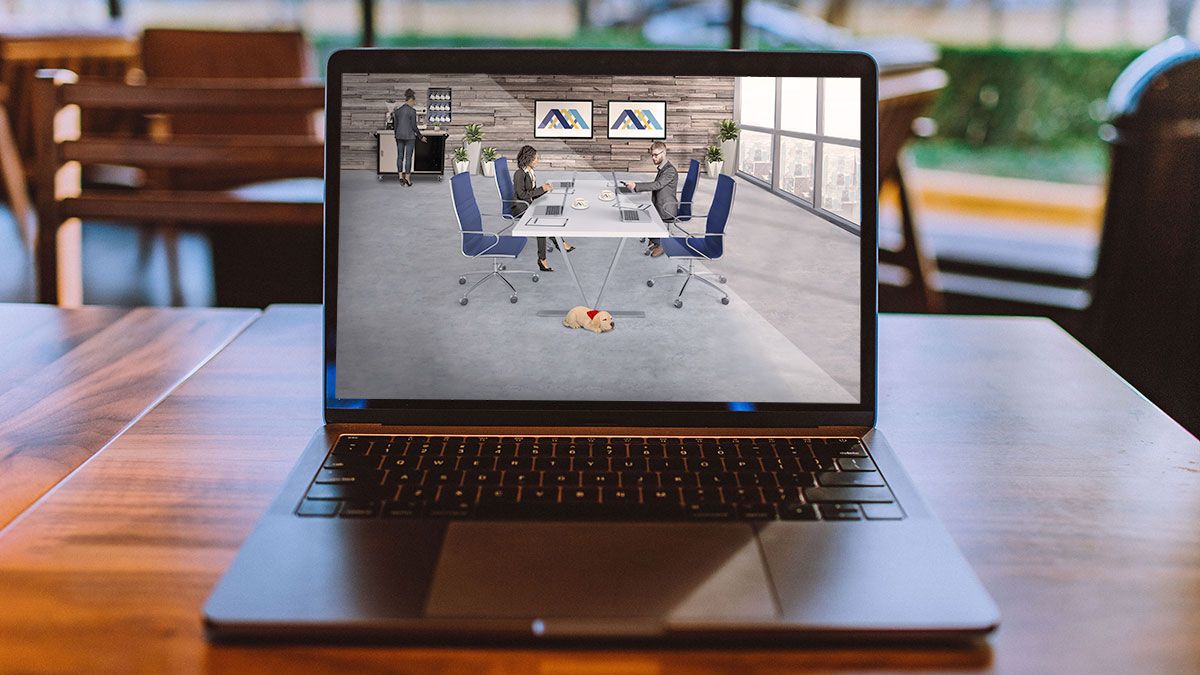Case Study: ADAA
Founded in 1980, The Anxiety and Depression Association of America is an international nonprofit organization dedicated to increasing awareness and improving diagnosis, treatment, and cure of anxiety, depression, and co-occurring disorders in children and adults. With a mission to provide the most accurate and up-to-date information to mental health professionals, social workers, clinic workers, educational professionals, and the public, ADAA has hosted annual conferences to share the latest findings on research, practice, and education.
The Challenge of Hosting a Conference During COVID-19
Because of the COVID-19 pandemic, hosting a conference was not in the foreseeable future. Events around the world came to a halt, causing many enterprises to look for an alternative solution to in-person events, such as a virtual event. Needless to say, ADAA’s team had to pivot sharply and quickly while facing a virtual event learning curve. Another challenge ADAA would face while hosting a conference during COVID-19 was keeping the attendee experience as a top priority.
ADAA began to research for a virtual event platform that was capable of delivering quality content, a polished brand experience, and numerous opportunities for their community to connect. Their virtual event goals truly focused on education and engagement.
Though pursuing a virtual event seemed like the logical choice, the idea of virtual event platforms seemed nerve-racking for ADAA event organizers, as they wanted to keep their mission top of mind. While bringing mental health professionals together for high-level, evidence-based education had always been conducted in-person, ADAA knew they had to find a trustworthy platform for virtual events to provide that same sense of community virtually.
Keeping attendees engaged from behind a computer screen was a challenge for many event marketers, and ADAA was no exception. They knew they had to dedicate meaningful time to an attendee engagement strategy, especially during a time where people felt isolated and disconnected from their communities.






